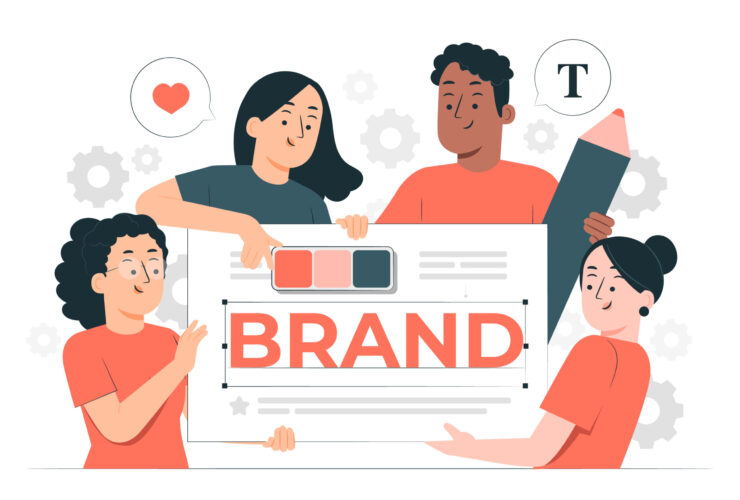When it comes to hiring new employees and finding the right talent, there’s no shortage of demand. And while the job market continues to show signs of improvement, it’s still not at its peak. That means finding candidates who are excited to join your company is even more important than ever before.
To attract and retain talent, employers need emotional intelligence—a set of skills that allow employees to identify their feelings and manage them appropriately. While this may sound like a vague term, in practice it means hiring professionals who can understand people on an individual level. The question is: are you ready to get started? Here’s how emotional intelligence can help your company succeed from the inside out:
What is emotional intelligence?
Emotional intelligence, or EQ for short, is the ability to identify and manage emotions. This means an individual can recognize their feelings and know how to respond appropriately. This ability is what sets apart the best leaders from the rest, and it’s also what makes effective employees out of anyone.
Why emotional intelligence matters in the workplace
EQ is essential for thriving in any workplace. When employers look for new talent, however, they often focus solely on technical skills. It’s important to recognize that technical skills are important, but they’re only part of the equation. Emotional intelligence is what sets apart the best employees from the rest.
When employers make a shift in the way they approach hiring, they start to realize their companies are better positioned to attract top talent. This shift can lead to better hires, fewer employee turnovers, and a greater level of retention. On top of this, leaders are also better equipped to motivate their teams and inspire creativity.
How to build emotional intelligence in new hires
You can start building EQ in new hires by engaging them throughout the hiring process. Start by asking candidates to answer a few simple questions. If they have a resume, try to skim through the details. Ask them what type of jobs they’ve had over the course of their career, where those jobs were located, what skills were required for each role, and what the company was like.
In addition to these two questions, also ask candidates to answer a third question: what skills do they want to gain from a new job? If you want to offer candidates more than just a paycheck, you need to ask them what skills they want to gain. Once you’ve started to build a rapport with candidates, ask them about their experience with the hiring process. This way, you can start to learn what went right or wrong with previous hiring experiences.
What to look for in employees
As you build EQ in the hiring process and in-office training, it’s important to keep a few things in mind. First, don’t rush the process. Don’t feel like you need to train new employees immediately. Make sure that the environment is set up to allow them to learn, and then allow them to learn. Second, don’t forget to have fun. As human beings, we’re naturally curious, creative, and social creatures. Embrace this and you’ll be on your way to achieving significant EQ gains in your organization.
Conclusion
Emotional intelligence is more than just a buzzword. It’s the skill set that can help you connect with your team members, build trust with stakeholders and clients, and inspire creativity in your employees. The good news is that EQ isn’t something you’re either born with or without; it’s something you can develop through practice. Start by looking for ways to build EQ in your hiring process and in-office training. This will help you identify where improvements can be made and give you a better idea of what to expect from new employees.




